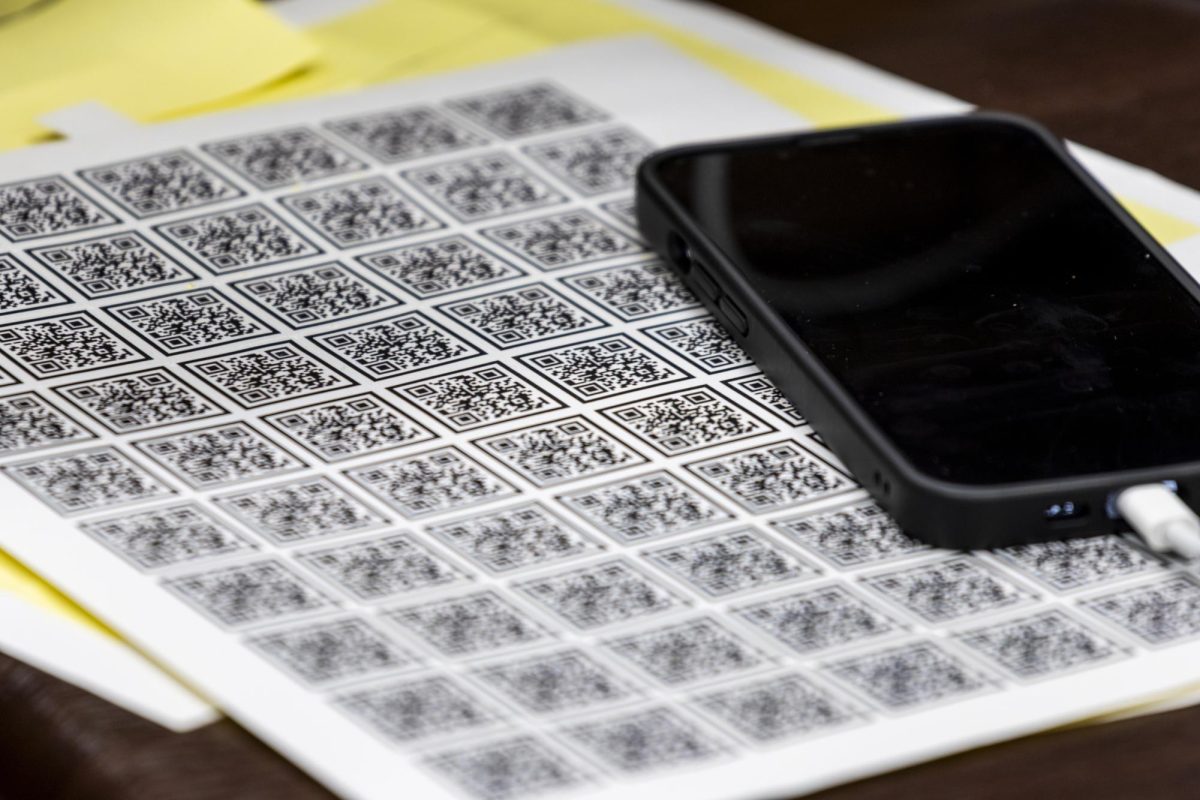Academic dishonesty is an epidemic to educational institutions nationwide, and Mississippi State University is not an exception.
Academic dishonesty rears its head in many different ways on college campuses. The most notorious form of dishonesty is plagiarism. However, students are also using their cell phones and the internet to covertly cheat, finding answers and exploiting the learning system.
Donald McCabe of Rutgers University surveyed 63,700 U.S. undergraduates and 9,250 graduate students over the course of three years. McCabe’s study uncovered over 68 percent of undergraduates admitted to cheating in college.
Ian McKay, a native of Cincinnati, Ohio, who is currently pursuing his doctorate at MSU in clinical psychology, said there is an inherent difference between people who are likely to cheat and people who are not.
“We all have this actual self, and then we have an ideal self, who we want to be,” McKay said. “If the student focuses too much on who they want to be, they are more likely to cheat than if they focus on who they actually are.”
Many students feel they are under more pressure to get good grades, than they are to learn material for their own benefits. In addition, there is a direct link between people who are extrinsically motivated and the likelihood of them cheating. McKay attributes this to students lacking internal regulators, because they are only trying to please others, as opposed to aiming for a sense of self accomplishment.
From 2007 to 2014, MSU’s honor code website documented 1,858 counts of academic dishonesty. Seniors and freshmen accounted for the majority of cases, while the College of Arts and Sciences led the various schools and colleges at MSU in academic dishonesty numbers. The number may seem relatively small for a seven-year time span and the large population of MSU students. However, there is still much work that could be done regarding academic dishonesty.
The coordinator of the Student Honor Code at MSU, Taylor Deer, said she attributes these trends to the naivety of freshman as to what constitutes cheating and senior’s eagerness to graduate. In addition, Deer says her office sees an annual spike in cases from March to May and then again from October through December.
As the coordinator scanned her computer for the upcoming presentation days, she explained ways the university is helping students understand the damage cheating can cause to their academic and future careers.
“We provided over 50 presentations this past fall explaining what academic dishonesty is as well as the various sanctions that occur if caught,” Deer said. “I like to ask students if they would ever walk across a bridge built by an engineer who cheated their way through college.”
Many teachers have increased their test taking protocols to adjust to the ever changing methods of academic dishonesty. With the popularization of smart watches, some teachers have banned watches on test days, along with cell phones, earbuds, hats, and various other accessories, in order to prevent cheating.
Even with testing centers, proctored tests, and the threat of consequences if a student is caught, cheating still runs rampant at Mississippi State according to Heston Lollar, a junior political science major.
“The classes are big and a lot of my teachers are distracted while students are taking a test, so it is easy for people to cheat,” Lollar said.
The honor code is often overlooked by both students and teachers. In order to prevent cheating at MSU, faculty and staff must be proactive and engaged, and MSU students must conduct themselves with “honor and integrity at all times.”
Visit the Mississippi State honor code website to learn more about academic dishonesty or to report instances of cheating.
Categories:
MSU prioritizes academic integrity
0
Donate to The Reflector
Your donation will support the student journalists of Mississippi State University. Your contribution will allow us to purchase equipment and cover our annual website hosting costs.
More to Discover







